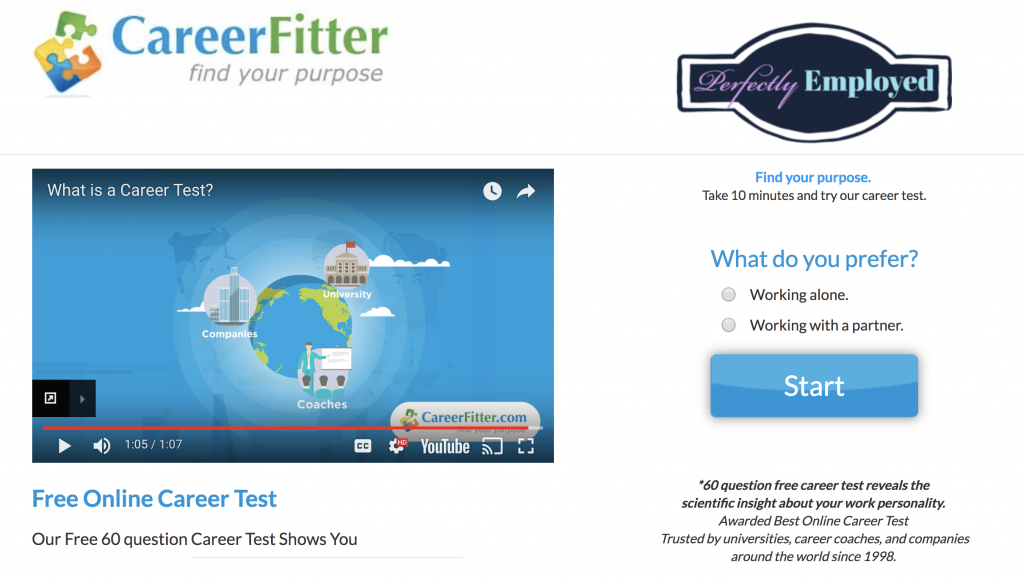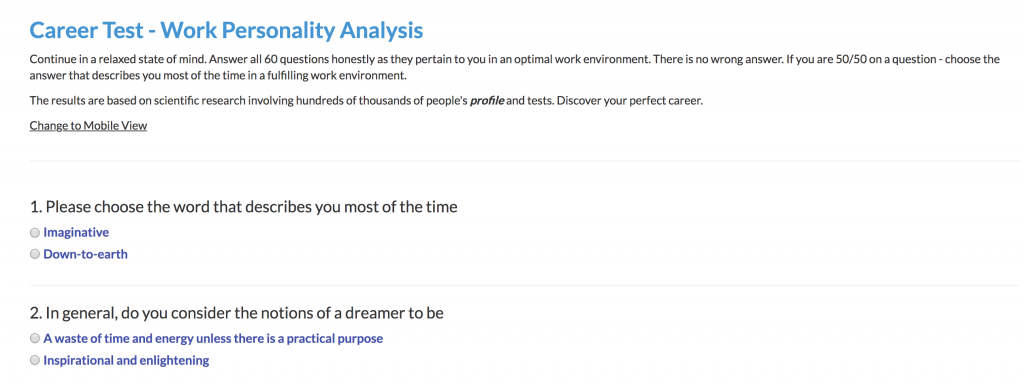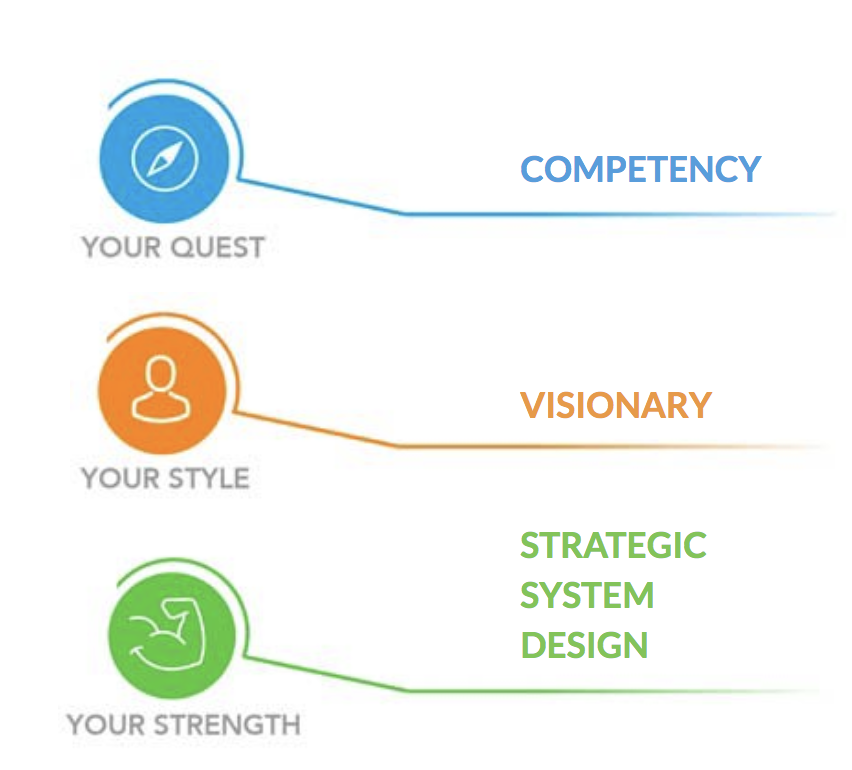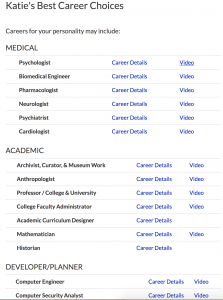
There is a lot that people often say about making yourself a good candidate for a role. But what about the act of actually trying to find a job that you want in the first place? You probably have an idea about what kind of job you want, and perhaps a sense of what your ideal role would be. So how do you actually find it? This can be trickier than you might think, but as long as you put your mind to it, you should find it becomes easier.
To help this along, there are a few things that you might want to bear in mind in order to make it even easier. Here are some of the main ways to improve your chances of finding the ideal job. As long as you consider these, you should find it is a lot simpler and easier to do.
Get Clear On Your Preferences
In general, the clearer you are about what you actually want to achieve, the better. You need to make sure that you are aware of what kind of job you want, so that you can effectively go for it and be more likely to actually find it. If you don’t really know what you are after, you are simply less likely to find it. That might sound obvious, but it’s nonetheless something you should try to bear in mind. It really will make a huge difference to your chances.
So, spend some time getting really clear on a few details – including what job you want, where you want to work geographically, how much money you are hoping to be paid, and so on. The more of this you figure out, the better it will be for your chances of finding a job you will ultimately love.
Research Roles
The more research you carry out in general, the more likely it is that you are going to be able to find a job you love, and without spending too much time on it either. This research can be easier than you think – mostly it’s just a case of seeing what roles are currently out there, so you know what you are choosing between. The more effort you put into this, the better it will be for you, so it’s definitely something to make sure you are focusing on.
When you research what roles are out there, try to keep your options open as much as you can. This makes it much more likely that you will succeed with your efforts, and ultimately get a job you can be happy with.
Go Through An Agency
If you have a specific kind of job you want to go for, then you will find it is easier to get it if you work through an agency for that specific kind of work. There are agencies for a vast number of industries and job types, so you should be able to hopefully find one for whatever kind of work you are hoping to have.
By way of example, if you are keen on trying to get a nursing job, you might want to go through an agency like Advantis. Why choose Advantis? For one thing, it’s a trusted agency, with a lot of work available, so you can feel confident in your chances of finding a nursing job soon enough. It’s also going to mean that the whole process of being recruited is so much easier.
So going through an agency is definitely a great way to approach things when you are trying to find an ideal job.
Related Posts You May Enjoy
- How To Improve Your Chances Of Getting Your Dream Job
- An Organized Approach to Applying for Jobs in the Public Sector
- How to Find Your Dream Career in Fitness and Wellness
Take Your Time
It has to be said that finding a perfect job can be quite time-consuming, and there are a lot of things that you might need to have in place before you can hope for this to happen. Because of that, you need to be prepared to take your time, and you might find that you need to be quite patient. The more effectively you do that, the better it is going to be for you, so make sure that you are definitely giving yourself the chance to be patient. Taking your time also means you are more likely to end up with a job you love, rather than just any job.
As you can see, it’s perfectly possible to find an ideal job, as long as you put your mind to it and you are happy to work at it a little.
Save to Pinterest





















